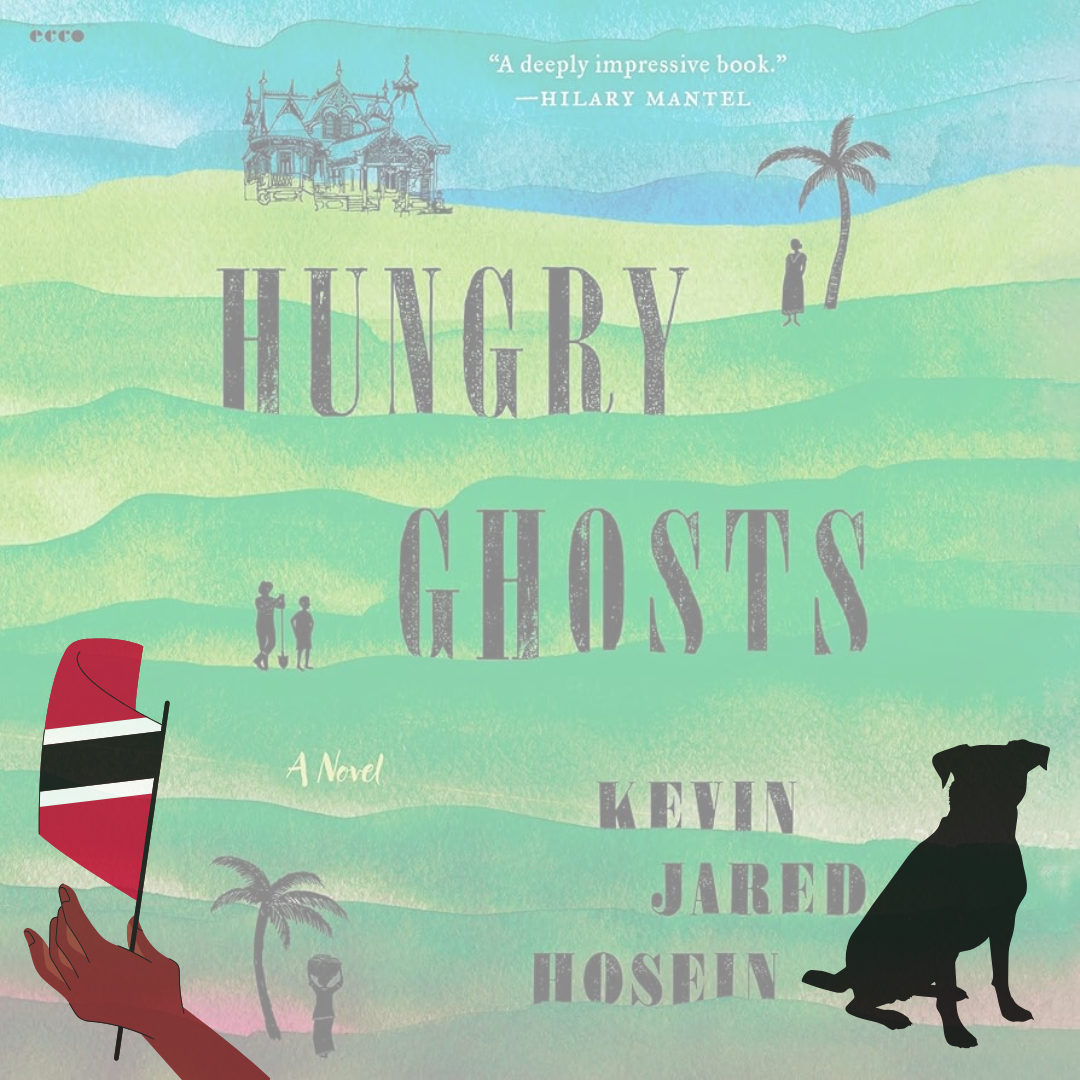In Hungry Ghosts, the introductory sections share a few key elements: they all delve into the past experiences of the characters, providing critical backstory and context that enrich the main narrative. Each flashback serves as a lens through which we can view the motivations, fears, and desires of the characters, creating a more nuanced understanding of their actions in the present.
For example, In the chapter titled “A Gate to Hell,” Krishna and his friends make a blood oath, symbolizing their need for camaraderie in a harsh environment. I think Krishna, who is often left to his own devices, might view the ritual as a way to gain strength and solidarity amidst the turbulent dynamics of his family and community. At the end of the flashback chapter, Krishna tells himself “There is no other life but the one to which you are bound.”(6) Already here the reader can begin to wonder if this is Krishna’s way of establishing a bit of control in a life that seems so uncontrollable. On page 266, when Krishna is with the twins and Tarak around the fire, he considers the meaning of this blood oath. He says, “If his blood boiled, so should theirs. What rippled through him should ripple through them. What happened to that? It felt more like he and Tarak were the twins’ subordinates. He hated feeling so powerless.”(266) These few lines give a lot of insight to Krishna’s way of thinking. He considers this connection to be so strong between them that it gives him the security that they are people he could always count on to side with him, to be his brother and his friend. But Krishna already shares this same blood connection with his father Hans, yet this bond of trust (at this point in the novel) is not present. There’s much to be said about the ability to choose; while Krishna did not choose his father, he decided to put his loyalty to these boys. And this choice, perhaps, made him feel empowered as if he had a bit of much-needed control over his life. With control comes this stability Krishna seems to be searching for while at the same time rapidly losing. The flashback provides enough context to give foundation to his present feelings of abandonment and his eventual efforts to seek out his father towards the end of the book, illustrating his deep-rooted need for stability and family ties.
The value in sharing these stories lies in their ability to illustrate themes of memory, trauma, and the cyclical nature of suffering. By revealing how past events shape the characters’ current realities, Hosein deepens our empathy for them and highlights the complex interplay between history and identity. The flashbacks also create a bit of a sense of foreboding, setting up a contrast between past and present that enhances the novel’s emotional weight. As readers move through the main plot, the echoes of these stories inform our understanding of the characters’ decisions and relationships, prompting us to consider how their histories influence their present circumstances. This layered narrative structure enriches the reading experience, inviting readers to reflect on the ways in which the past continues to haunt the characters, much like the hungry ghosts of folklore.
Hosein, Kevin Jared. Hungry Ghosts. HarperCollins, 2023.

Daniela, I think you provided great insight into this particular flashback with Krishna and the idea of a “chosen family.” It was a powerful moment for Krishna to put his trust in the twins, when at that time, Hans was not showing up for him as a father. He may feel bound to his life, yet I think Hosein demonstrates that your relationships with other people can offer an escape from that.
This a great take i have not consider. the blood oat with Kristna and his friends. i never thought of it as a way to gain strenght in their harsh enviorment but now I see it. thank you for showing a different take.